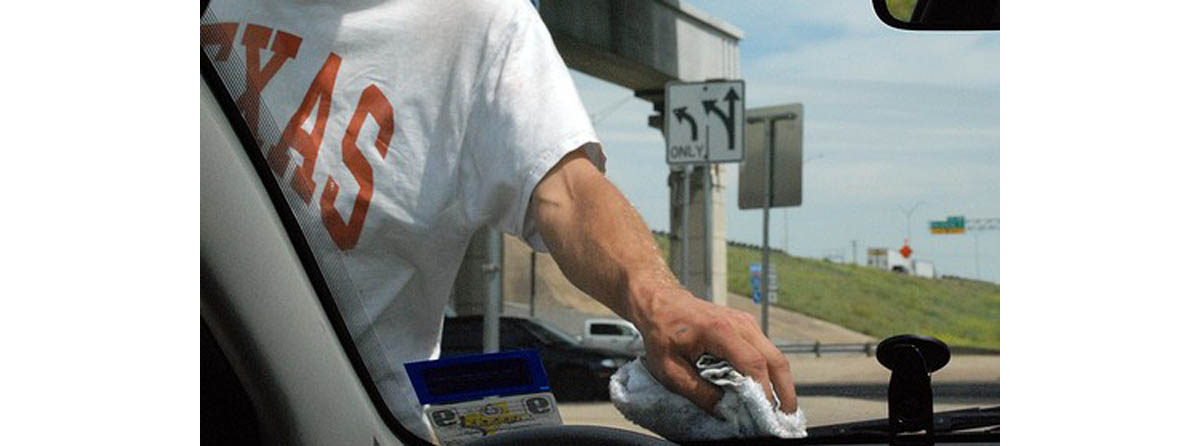Table of Contents
The most common reason Republican governors give for rejecting the expansion of Medicaid in their states is that while the expansion program is free now, it will cost money later. That is true.

After 2016, states will be expected to cover 10% of the cost of insuring their own working poor. The federal government will continue to provide 90% of the cost of Medicaid expansion even after the three-year introductory period.
Ironically, states often wind up paying the bill for emergency care under their own indigent healthcare programs, on which they spend more and more each year. But these programs strictly limit how much the state helps any given person, typically $10,000 to $40,000 per year (less than the usual cost of a single hospital stay, even for a couple of days), and usually only help people who have assets of less than $2,000, who earn less than $200 to $700 per month, and who are otherwise labeled as disabled.
Non-cash income also counts against these limits.
Eating your meals at a homeless shelter and sleeping in the park would make you too rich for assistance in Kansas.
Where Will the Greatest Number of People Miss Out on Obamacare?
Texas has the greatest number of residents without health insurance of all the states in the United States. Because it has rejected Medicaid expansion, people who can't prove they are earning more than $15,000 per year will be automatically rejected from the program. Economists estimate that 1 million Texans who work and earn too little to pay premiums and too much to get Medicaid (generally, more than $453 a month) will be left uninsured even when coverages starts in 2014.
Mississippi has the greatest percentage of residents without health insurance of all the states of the United States. In Mississippi, 37% of the population does not have health insurance.Alabama has 36%, Louisiana has 34%, and South Carolina has 33%.
Over three-quarters of a million people in Florida don't have health insurance. Florida has also rejected Medicaid expansion.
Is the Situation Hopeless for the Working Poor in States that Have Rejected Medicaid Expansion?
States can choose to enter the Medicaid expansion program at a later date. There are some indications that this may happen in Texas when its current governor leaves office in 2015. However, until that time, the working poor are limited to getting their care at free clinics, which aren't available everywhere, and at emergency rooms, creating thousands or tens of thousands of dollars of debt they cannot pay, ruining their credit records, and that the states often will have to reimburse--without federal help.
- Foley M. These are the Americans Obamacare Forgot. Wall Street Cheat Sheet. http://wallstcheatsheet.com/stocks/these-are-the-americans-obamacare-forgot.html/?a=viewall. 19 October 2013. Accessed 19 October 2013.
- Photo courtesy of Jason Kuffer by Flickr : www.flickr.com/photos/digiart2001/2129483195/
- Photo courtesy of Chelsea Gomez (Oakes) by Flickr : www.flickr.com/photos/pyxopotamus/3445561875/

